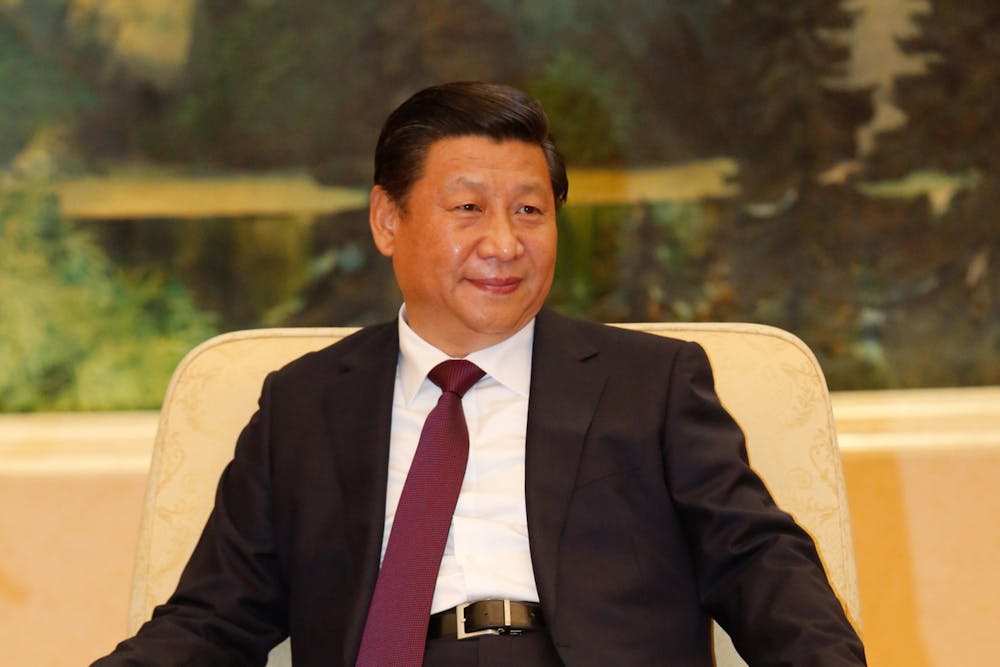by Amber Nodes
Staff Writer
Xi Jinping secured a third five-year term as President of China at the National Congress of the Chinese Communist Party on Oct. 23, according to NPR. This caused a major sell-off of stocks in China as a “$6 trillion stock-market blowup,” according to Bloomberg.
NPR reports that Xi walked on stage accompanied by six other men that are a part of the Politburo Standing Committee, the top of the ladder of the Communist Party. Four members of this committee are new and are staunch supporters of him. Two of the former members that retired recently to make room for the new appointments were not yet at retirement age, according to NPR.
During previous leaders of China’s rule, Party Congresses were used to elevate younger members of the party to eventually be successors, NPR reports. Xi has not followed this path. He did not appoint anyone in 2017 or this year. None of the current Politburo Standing Committee are young enough to succeed Xi in the next five to ten years, according to NPR.
Traditionally, Chinese presidents are limited to two five-year terms, according to NBC, but in 2018, Xi amended the constitution of China to remove this limit.
The party charter was changed to include language that would further Xi’s power by the “two establishes” which asks party members to consider Xi the “core” of the party and his philosophy a key figure in the party rule, along with the “two safeguards” which asks other party members to protect Xi to keep him at the core of the party, according to NPR.
CNN Business reports that just one day after Xi retained control of his party, Hong Kong stocks dropped to their worst levels since the 2008 financial crisis. This comes despite the GDP data being higher than expected, they report.
Xi reassured market watchers that China would continue to open the markets, according to Forbes, and that China’s economy is still showing potential and perseverance in the face of Xi’s Covid-Zero policy and real estate crisis.
The Party Congress also asserted its opposition to Taiwan's independence, reports NPR. Taiwan has been self-governed for over 60 years and reunification, peacefully or with force, is part of Xi’s platform to “rejuvenate” China and strengthen it. NBC reports that Xi emphasized that external forces should stay away from the Taiwan issue.
Additionally, Xi said in his opening speech for the Party Congress on Oct. 16 that gender equality was an important issue, NBC reports, but there is a huge disparity in gender represented in Chinese politics.
More leadership for women does not mean the situation for women in China would change. The government discourages feminism and wants women to take on a more traditional role in society, writes NBC, and women who do rise through the ranks tend to be assigned to softer responsibilities.
An editorial from the Wall Street Journal states that a third term may be good for the United States. Xi’s policies haven’t fixed many of the issues that caused the slowing of the economy in China. A third term may wield good results for the United States, which now sees China as an economic competitor, according to the WSJ.







